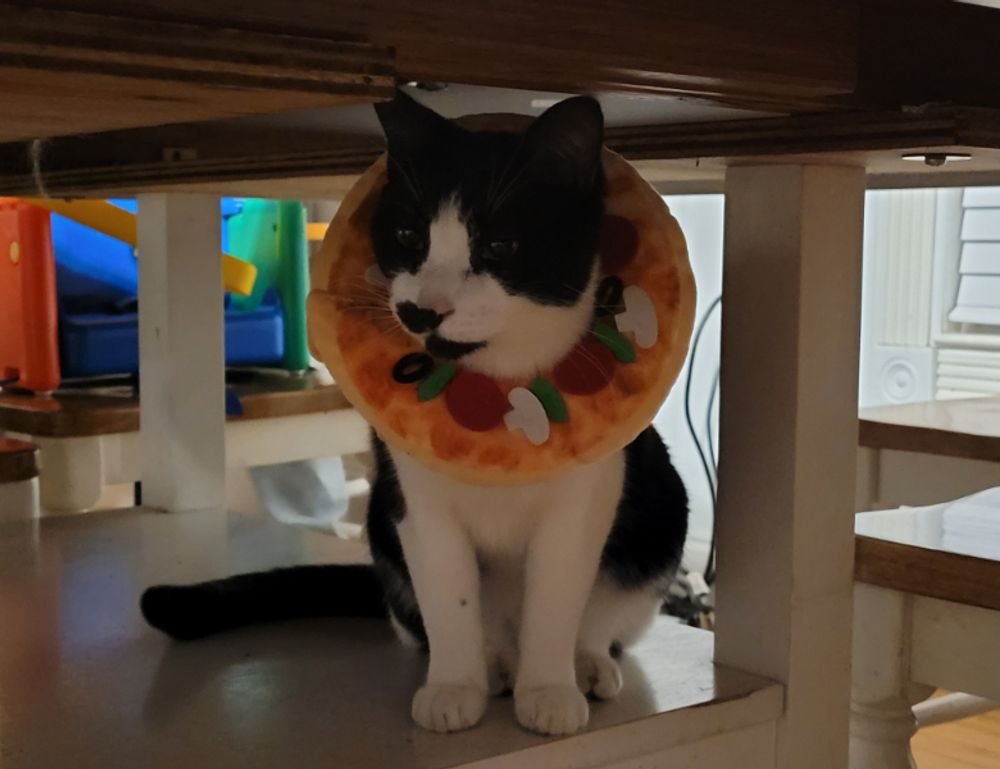Cooking has long been more than a chore or necessity—it’s a source of comfort, creativity, and joy. There’s concrete science and a whole lot of soul behind the question: why cooking makes you happy fhthopefood. From the tactile rituals to the emotional connection with food, this inherently human activity has benefits that go far beyond the plate. To get a deeper dive into the emotional science behind it, head over to https://fhthopefood.com/why-cooking-makes-you-happy-fhthopefood/.
Cooking Stimulates All Your Senses
You engage smell, taste, touch, sight, and even hearing in the kitchen. This full-spectrum sensory involvement creates an immersive experience that can ground you in the present—something psychologists say helps reduce anxiety and lift mood. You don’t have to be a professional chef to enjoy the process either. Chopping onions, stirring a pot of sauce, or watching bread rise in the oven brings a tactile satisfaction that directly counters modern life’s hyper-digital overload.
It’s hard to be stuck in your head when you’re focused on whether the garlic is browning or the pasta is al dente. It’s active mindfulness without needing to sit still on a meditation cushion.
Cooking Encourages Creativity
Unlike following a spreadsheet or answering emails, cooking gives you creative authority. Even when you follow a recipe, you make decisions—what spices to tweak, how much chili to add, what garnish to finish with. And when you cook without a recipe? That’s full-on culinary jazz.
This kind of low-stakes creativity triggers dopamine, the brain’s feel-good messenger. Studies in cognitive psychology have linked regular creative activities—including culinary arts—to long-term boosts in overall well-being. So in essence, understanding why cooking makes you happy fhthopefood is also about understanding the role imagination and innovation play in your daily routine.
It’s a Form of Emotional Expression
Food carries cultural memory, familial history, and emotional association. When you recreate a dish your grandmother used to make or cook your partner’s favorite comfort meal, you’re sharing something deeply personal. This emotional connection builds affective ties, making cooking a way of expressing and receiving love.
That explains why preparing holiday meals or birthday treats brings a glow that takeout just can’t match. Cooking becomes a language—one that doesn’t rely on eloquence, only intention.
Cooking Boosts Confidence and Autonomy
Every finished dish is a small achievement. And the best part? You get immediate feedback—it smells good, it tastes great, and it’s nourishing. That success triggers a cycle of confidence building. You planned it, executed it, and made something tangible.
This loop can be especially empowering for people struggling with mental health challenges. Routine acts of cooking provide structure, a sense of control, and a repeatable source of pride. That ripple effect through self-efficacy is key to emotional resiliency—another reason why cooking makes you happy fhthopefood in a deeply personal and practical way.
A Social Connection Catalyst
Cooking is inherently communal. Even if you start alone, the outcome often gets shared—with roommates, family, friends, coworkers. That social element boosts oxytocin, the “bonding” hormone. Evolutionarily, humans are wired to connect over meals, and in modern contexts, cooking remains a bridge to belonging.
Think potlucks, date-night meals, surprise birthday cakes. The act of cooking as a way to show care—not just the final product—forms the heart of vibrant social circles and lasting relationships.
It Anchors You in Purpose and Routine
Let’s face it, the world can feel chaotic. Having short, daily rituals—like making your morning smoothie or preparing dinner—is a quiet rebellion against disorder. These micro-routines build stability and purpose, which are fundamental to human happiness.
Planning meals, grocery shopping, chopping vegetables—it’s all part of a mini-action plan that reinforces agency and order. And when you’re immersed in that rhythm, it’s easier to step away from digital distraction, catastrophizing thoughts, or endless to-do lists.
Cooking Nourishes Your Body—and Your Mind
On a primal level, feeding yourself is an act of self-care. When you put effort into what you eat—with ingredients you recognize and preparations you enjoy—you basically send your brain the message: “I’m worth the effort.” That’s powerful.
Cooking doesn’t have to equate to perfection; it just has to reaffirm care and choice. Even a simple two-ingredient stir-fry does the trick. This repeated affirmation—through meals—is one of the quiet reasons why cooking makes you happy fhthopefood and not just full.
Final Thoughts
Cooking isn’t only about dinner—it’s about taking back moments of creativity, connection, and control in your life. Whether it’s the sensory joy of sizzling garlic, the pride of getting a risotto just right, or the warm glance from a loved one over a shared meal, these small moments stack up to something big.
Understanding why cooking makes you happy fhthopefood is less about theory and more about experience. So go ahead—crack some eggs, stir a pot, try a new spice. You might be surprised by how much joy is hiding in your skillet.



